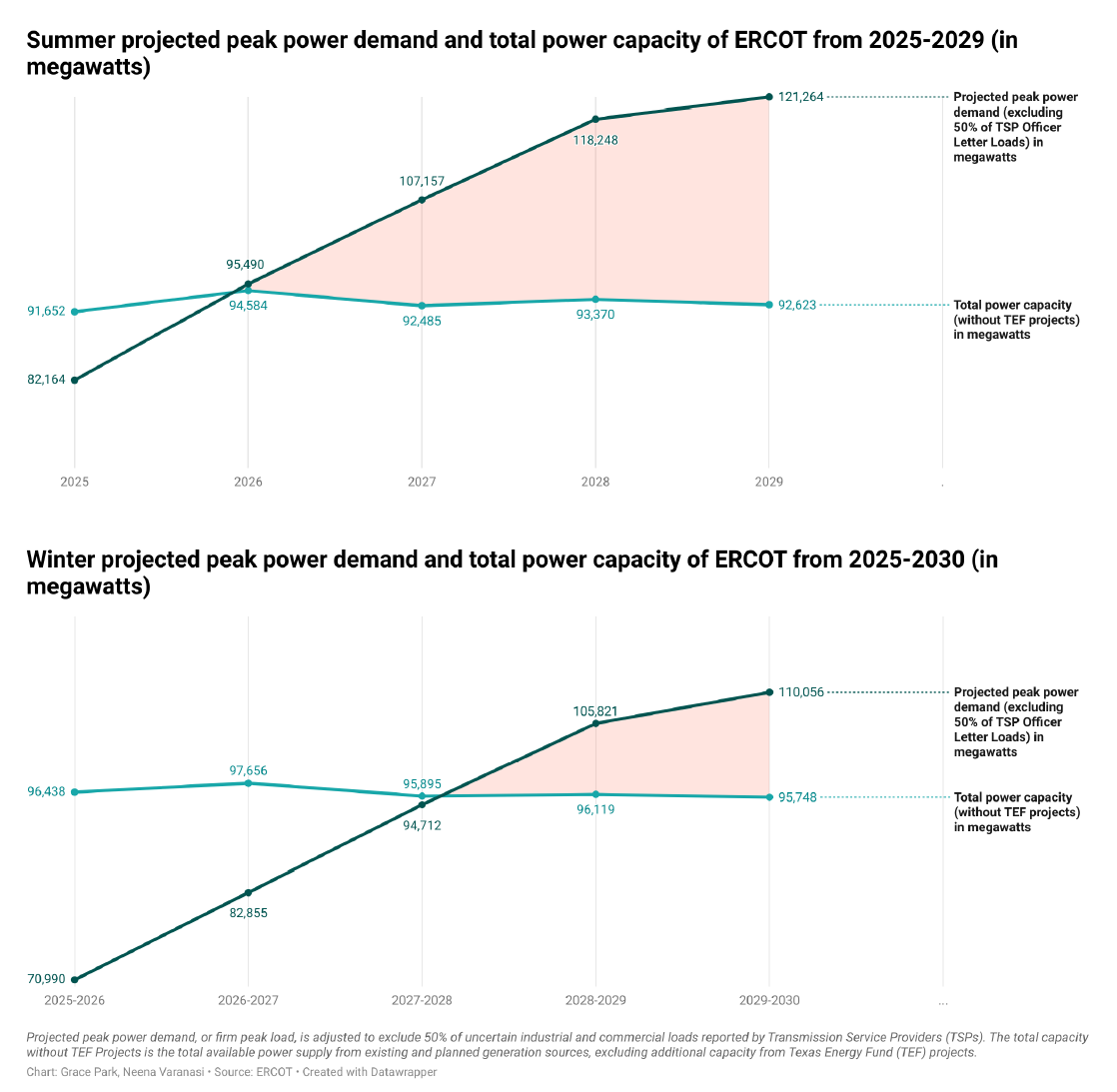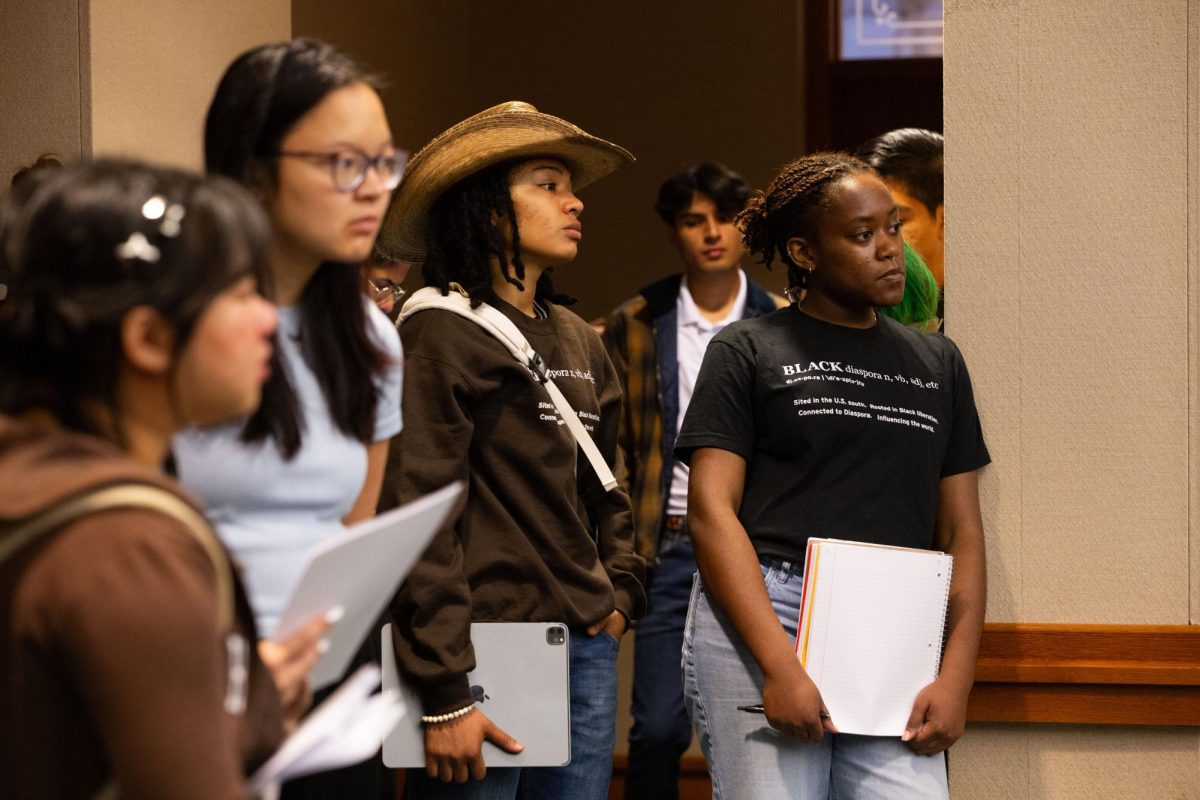A State Board of Education public hearing helped dispel doubts over scientific materials being considered for school district curricula.
Citizens voiced their concerns or support regarding Commissioner of Education Robert Scott’s final recommendations on online supplemental science materials.
Although school districts decide which materials they will use, these must still meet all of the Texas Essential Knowledge and Skills requirements for students, said associate commissioner of standards and programs, Anita Givens.
“[The supplements] are designed to be used in conjunction with science materials already used in classrooms,” Givens said.
Testimonials from teachers, ministers, parents and scientists asked the Board to exclude any materials that proposed to teach about intelligent design and creationism in the classroom, saying it was more appropriate in the realm of philosophy than science.
Board member Ken Mercer said the revisions being considered do not include any reference to religious ideas, and Barbara Cargill, chairwoman of the board, repeated throughout the meeting that further opposition to including religious material was not needed.
Steven Schafersman, president of Texas Citizens for Science, generally agreed with the final list of materials presented but disagreed with certain inaccuracies, such as a diagram by biologist Ernst Haeckel that was more than a century old.
Many other speakers voiced the same concern over the diagram, which compares a human embryo to those of other vertebrates, leading board member Patricia Hardy to wonder how it could have gotten past the entire reviewing process, and what it could mean for other material.
UT math professor Lorenzo Sadun was one of many to speak against International Databases, one of the materials originally proposed which included references to intelligent design and creationism.
“Critics of evolution often overstate the gaps in the fossil record,” Sadun said. “Modern evolutionary biology is based primarily on DNA analysis.”
Associate professor of physics and astronomy at Trinity University Jennifer Steele said too much emphasis was placed on the controversies surrounding evolution.
“If you are only focused on the controversies you will never get to the strong foundations,” Steele said.
Throughout the meeting board members pointed out that International Databases had been removed from the final list of materials, addressing the concerns many had.
Joshua Rosenau of the National Center for Science Education in Berkeley, Calif., said the supplements are adequate now that International Databases has been removed and problems with outdated information have been identified for correction.
Rosenau encouraged board members to approve the materials without additional changes.




















